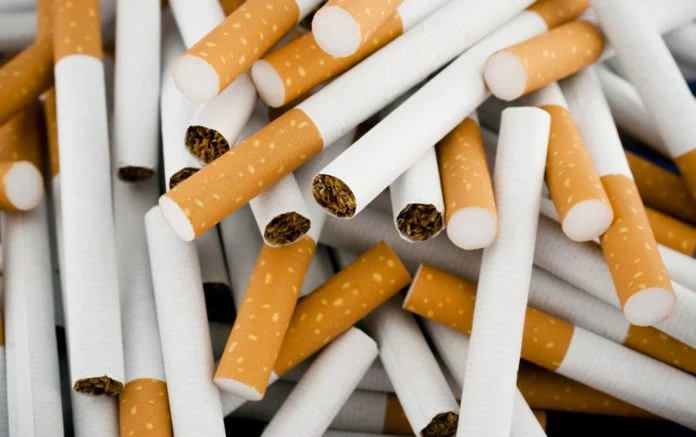South Africa is witnessing a rapid decline in emerging black farmers as the space is experiencing a sharp decline due to illicit tobacco markets.
This was revealed during a meeting of the portfolio committee on health in Parliament on Thursday, as members considered the impact of the new Tobacco Products and Electronic Delivery Systems Control Bill.
The committee heard that of the 150 once active black tobacco farmers in the country, only 10 remain.
The committee listened to submissions from AgriSA and Agribiz, two organisations representing the agricultural sector, particularly the tobacco industry.
The presentation outlined the industry crisis as it is challenged by falling numbers of legal farmers, shrinking rural economies and the growing dominance of the illicit cigarette trade.
AgriSA’s Janse Rabie said the dramatic fall highlights the economic toll of recent policies and also an urgent need to support transformation and inclusion in the agricultural sector.
In total, South Africa has suffered a loss of 49% of its tobacco farmers in six years – from 322 in 2019 to 165.
“The reduction in the number of tobacco farmers, of almost 49% since 2019, can be traced directly to the unconstitutional tobacco sales ban, which was implemented in March 2020, under the Covid-19 state of disaster,” said Rabie.
“It was a powerful demonstration of the futility of prohibition and the readiness of the illicit traders to use regulatory measures to their advantage. No law, no matter how well drafted, can work while at least two-thirds of the market ignores it,” said Rabie.
He told the committee that the bill regulates the legal tobacco markets but does not touch on the 60% to 70% of illicit tobacco traders. He said this will further shrink the already struggling legal tobacco market and possibly destroy commercial and small-scale tobacco production in the country.
Rabie warned that losing farmers meant that livelihoods would be threatened as he emphasised that farmers in Limpopo, Mpumalanga and North West support thousands of jobs.
Further concerns were raised about the bill giving wide regulatory powers to health minister Aaron Motsoaledi and excluding tobacco farmers from the proposed product monitoring committee.
However, the committee reaffirmed its commitment to protecting public health and acknowledged the dangers of tobacco consumption.
A 2021 report by the Tobacco Institute of SA noted that there were a total of 177 commercial tobacco farmers, 155 small-scale tobacco farmers and approximately 10 000 farm workers across the country.
The Tobacco Transformation Alliance has revealed that illicit cigarette sales shaved more than R20-billion off the national fiscus in 2023 alone and resulted in a loss of R72.2-billion from 2020 to 2022.
Zachariah Motsumi, South African Tobacco Transformation Alliance (Satta) spokesperson, called for urgent action against the illicit cigarette market in South Africa. He cited the Ipsos research, saying it had also found that 60% of retailers are selling cigarettes below R25.05 for a pack of 20, the tax-compliant price point.
He said recent research by Satta and separate studies from the University of Cape Town show that the lowest legal selling price for a pack of 20 cigarettes is about R32.
“These recent findings from Ipsos should increase concern about the future of the legal industry, and what it means for consumers and the national fiscus. Satta believes we are close to the point where the legal industry could collapse, leaving criminal networks in charge of cigarette manufacturing and sales.
“That means no excise or VAT revenue from cigarettes for Sars. No work or income for people in the legal tobacco industry. And no access to legal products for South African consumers,” said Motsumi.



